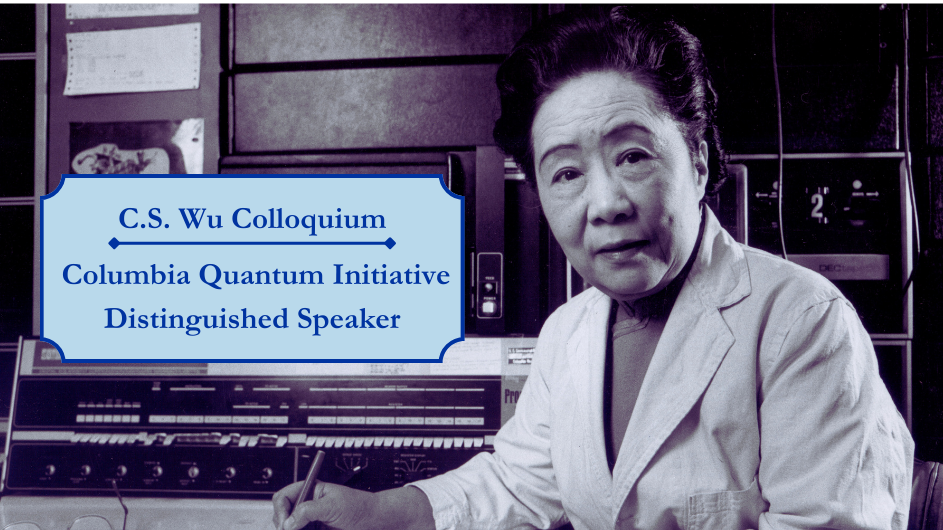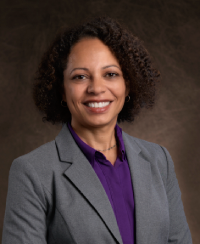No Strain, No Gain: Modifying Transport in 2D Materials By Engineering Strain
Presented by Nadya Mason, Dean of the Pritzker School of Molecular Engineering at the University of Chicago
Abstract | Applying strain can drastically modify the properties of electronic materials–for example, strained silicon transistors showed huge mobility increases that revolutionized the computer industry. Now, there is wide interest in using strain to modify the next generation of electronic materials: two-dimensional systems. 2D materials bridge the limits of superior electric tunability and high mechanical flexibility, making them excellent candidates for mechanical tuning of electronic properties. Strained graphene, in particular, is predicted to manifest a bandgap opening as well as novel physical effects such as large “pseudo”-magnetic fields. However, it is challenging to create global strain across graphene to modify transport. In this talk, we demonstrate how controllable, global strain in graphene can be engineered by depositing graphene on corrugated substrates. We show that strained graphene exhibits bandgap openings and pseudomagnetic field effects that depend on the magnitude of induced strain. Control of the strain degree of freedom provides a novel platform both for fundamental studies of 2D electron correlations and for prospective application in 2D electronic devices.
The Annual Chien-Shiun Wu Colloquium brings outstanding women physicists to Columbia and is partially supported by the generosity of C. S. Wu’s family. Wu, a member of Columbia’s Physics Department from 1944 to 1980, was a pioneering experimental physicist who received the inaugural Wolf prize for her studies of the weak interaction and observation of the non-conservation of parity. She was also a passionate advocate of women in science.


